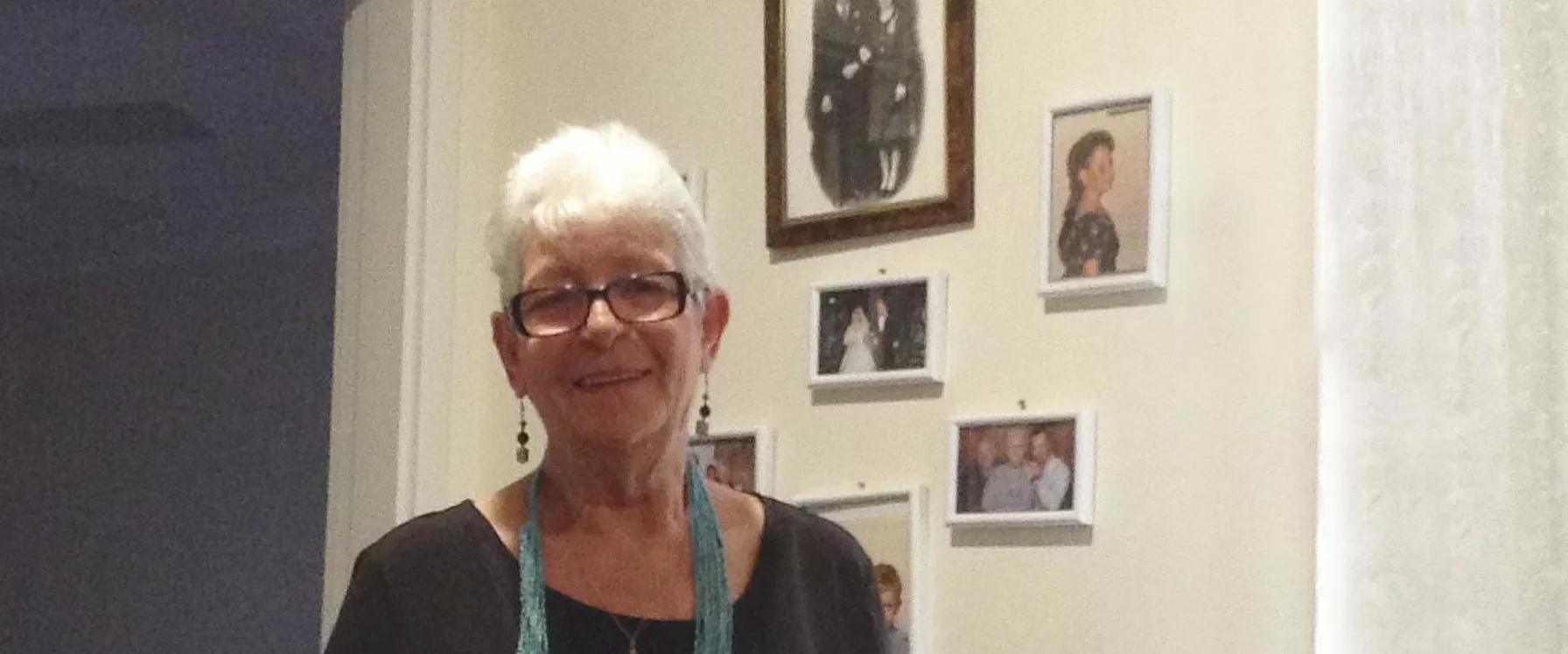“Is that where the doctor fixed your heart, Nana?”
It was an emotional conversation for Jean to have with her four-year-old granddaughter, as they looked at Jean’s new scars on her chest. Jean’s heart attack had come out of the blue and resulted in a triple bypass.
Her heart attack symptoms did not include the classic ‘chest-crushing’ sensation. Instead, they had manifested as a pain under her left breast, a feeling of nausea and a need to empty her bowels, then a shortness of breath with pain intensifying in her stomach.
Jean was rushed to hospital for emergency care, where the doctors successfully restored her heart to its proper rhythm, but an angiogram showed she needed a triple bypass.
“After the procedure, my granddaughter Olivia asked, ‘Have you fixed my Nana’s heart?’. And the surgeon replied, ‘I’ve done my best,’” Jean recalls.
“Reflecting on it now, I can remember exactly when it happened. I was coming out of work one night and experienced the familiar pain in my stomach. I thought, ‘Oh I’ll be right, it’s just my stomach playing up,’ and got over it.”
If Jean had her time again, she wouldn’t have ignored the pain she was going through.
“So many women are busy with raising a family or work, and we ignore a lot of the things our bodies are telling us. My advice to all women today is to listen to what your body is saying. Get a physician to check you out. If I had, I could have dealt with my heart problem sooner.”
Nowadays, Jean keeps on top of her health by checking her blood pressure and pulse rate regularly, and despite her frustration with the physical impact of her heart condition, she remains positive. “I've always been a very active person. I never sit still, yet now I have to slow down, and I have to listen to my body when it tells me to rest.
How is HRI helping?
HRI is conducting innovative research to develop new therapies for detecting, preventing and treating heart attacks.
Our Coronary Diseases Group is investigating whether the anti-inflammatory drug colchicine, which has already proved safe and effective for treating conditions like arthritis and gout, can be repurposed to protect against repeat heart attacks. A collaboration between the Coronary Disease Group and our Clinical Research Group has also discovered that the heart releases certain substances during a heart attack that can be detected in the laboratory.

